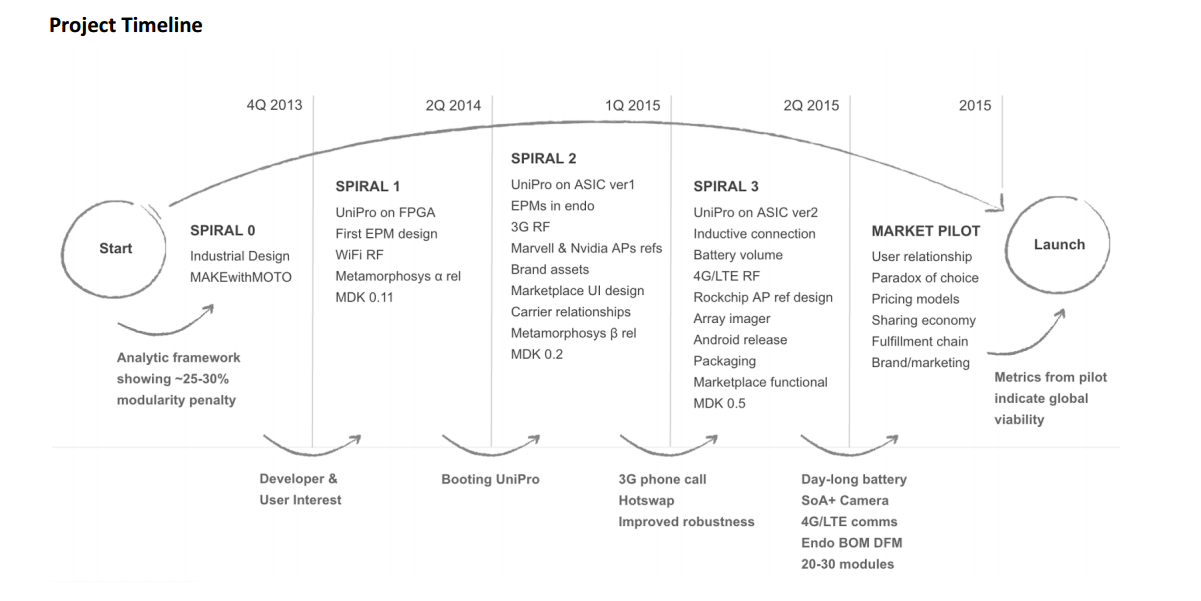
Today is Google’s Project Ara Developers Conference which means that anyone interested in learning more about Project Ara should stay glued to their phones/computers/etc… They have already made a number of exciting announcements.
The first notable announcement is that they have decided on their pilot launch territory. Google will first pilot the phone in Puerto Rico, although an exact timeframe has not been announced quite yet. Now, if you’re asking yourself,” Why Puerto Rico?”, you’re not alone. Google’s ATAP team has answered that question. According to Droid-Life:
ATAP team states that given Puerto Rico’s rich wireless carrier industry, with many US and Latin carriers holding shares in the market, the territory would prove a worthy host for Project Ara testers.
It’s also likely due to the fact that Puerto Rico is a small island making it an optimal testing ground for piloting the new devices in a reasonably controlled environment.
The developers conference is currently still being live-streamed and can be viewed below:
Update: It’s over!
Google initially targeted releasing the phone in Q1 of 2015. They’ve released a diagram with additional details on their quarterly priorities and time-frames for this year:

Courtesy of Droidlife
According to this diagram, it appears that a global launch will occur after 2015 with this year being dedicated to further developing 3rd party hardware and software relationships to make a modular smart phone a viable consumer product.
For those being first introduced to Project Ara, Google made the first announcement of Project Ara back in October of 2013. The modular design of the device would allow consumers a much deeper level of choice and individuality with their phones. By being able to choose your display, camera, processor, ram, battery, and more; consumers can choose how much, or how little, to invest in their phones to meet their needs. Additionally, they’ve demonstrated having unique designs to each module to allow for very unique looking and functioning smartphones both inside and out.

This could mark an interesting shift if this becomes a hit with consumers. Enabling individuality/choice has proven effective in a variety of industries, but sometimes too much choice can paralyze the deciding consumer. Time will tell how well the market receives Project Ara.
What are your thoughts on the device? Would you buy a modular smart phone? If so, what components would you choose? Let us know your thoughts in the comments section below!
